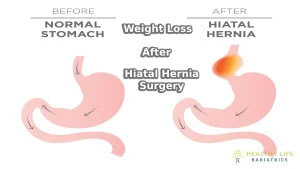- About Dr. Moein
- Gastric Sleeve Procedure
- Weight Loss Services
- Weight Loss Surgery Los Angeles
- Bariatric Surgery
- Gastric Bypass Surgery
- Mini Gastric Bypass
- Gastric Balloon Procedure
- Lap Band Surgery
- Endoscopic Sleeve Gastroplasty
- Bariatric Revision Surgery Los Angeles
- 360 Weight Loss Care Plan
- Obalon System
- Post Bariatric Surgery in Los Angeles
- Lap Band Revision Surgery
- Low BMI Surgery
- Robotic Bariatric Surgery
- Weight Loss Medication
- Health Benefit
- General Surgery
- Gallery
- Body Contouring
- Body Contouring After Weight Loss Surgery
- Smart Lipo
- Tummy Tuck (Abdominoplasty) after Weight Loss
- Breast Augmentation
- Breast Lift after weight loss Los Angeles
- Butt Lift After Weight Loss Surgery LA
- Arm Lift and Arm Reduction Surgery After Post-Bariatric Surgery
- Thigh Lift after Bariatric Surgery Los Angeles
- Belt Lipectomy
- Patient Resources
- Contact
- Blog











